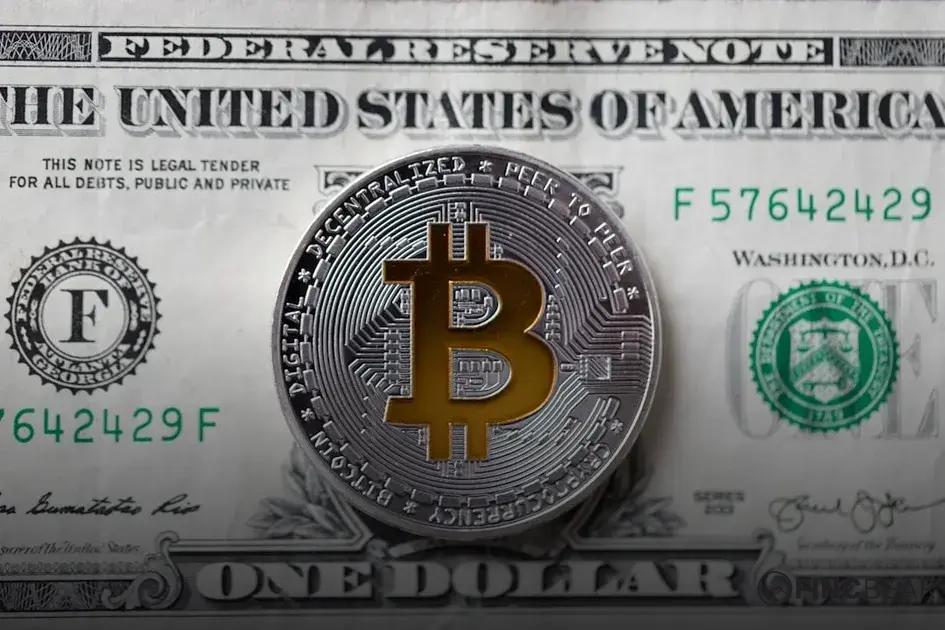How Decentralized Exchanges (DEXs) are paving the way for a transformative shift in crypto trading. Discover the flexible, secure, and innovative features that set them apart from traditional methods. With DEXs, traders are empowered with more control and privacy. Dive into understanding the growing impact and why investors are migrating to decentralized platforms. This guide will explore the key benefits, compare with centralized exchanges, and envision the future landscape of crypto trading, all through an accessible lens for enthusiasts and beginners alike.
Understanding the Basics of Decentralized Exchanges
Decentralized Exchanges (DEXs) are platforms that allow cryptocurrency transactions without the need for an intermediary. Unlike traditional exchanges, DEXs operate on a peer-to-peer basis where users directly trade with one another. This is facilitated through blockchain technology, which ensures that transactions are secure and transparent.
Smart contracts are a crucial element in DEXs. They automate and enforce the terms of the transaction without the need for a third party. This not only enhances security but also reduces fees compared to conventional exchanges. Additionally, decentralized exchanges provide greater privacy since they typically do not require users to complete extensive identity verification processes.
The backbone of most DEXs is the Ethereum blockchain, largely due to its support for smart contracts. However, with the rise of other blockchain technologies, we see an increasing number of DEXs utilizing platforms like Binance Smart Chain and Solana.
Liquidity can sometimes be a challenge with DEXs compared to Centralized Exchanges (CEXs). To tackle this, many DEXs employ liquidity pools where users can contribute funds and earn rewards, enhancing the trading ecosystem within the decentralized world.
Understanding these fundamentals is key to grasping the significant role of DEXs in cryptographic financial markets. They not only embody the principles of decentralization but also represent innovation in the way we conduct digital transactions.
The Advantages of Trading on DEXs

Trading on Decentralized Exchanges, or DEXs, offers several compelling advantages that are transforming the landscape of cryptocurrency trading. One of the primary benefits is the enhancement of security. With DEXs, private keys are never shared with a central authority, reducing the risk of hacks and loss of funds. Users maintain control over their assets throughout the trading process, increasing trust and confidence.
Another benefit is financial autonomy. Decentralized exchanges operate without intermediaries, allowing for direct transactions between users. This reduces reliance on third-party approvals and interventions, making the trading process both faster and more straightforward. Reduced fees are also a significant advantage, as the lack of intermediaries often leads to lower transaction costs.
Global Accessibility
is another important factor. DEXs allow users from all around the world to participate in crypto trading without facing geographical restrictions, which is often an issue with centralized exchanges. This opens up the market to a larger audience and democratizes access to various trading opportunities.
Furthermore, privacy is enhanced as DEXs usually require minimal personal information for users to start trading, if any at all. This ensures greater user confidentiality and reduces the risk of personal data breaches.
Finally, many DEX platforms support a wide range of tokens, offering a broader selection of trading pairs compared to their centralized counterparts. This variety provides traders with more options and flexibility, encouraging innovation in trading strategies.
Comparing DEXs with Centralized Exchanges
Centralized exchanges, often referred to as CEXs, are traditional platforms where cryptocurrency trading takes place through a third party, which acts as an intermediary. These platforms manage the order books and take custody of user funds, providing liquidity and transactional security. However, this custody approach also means trusting the platform’s security measures to safeguard funds.
Ownership and Control
In contrast, decentralized exchanges (DEXs) allow users to trade directly with each other on a peer-to-peer network without entrusting their funds to a central authority. This eliminates the risk of exchange hacks, a concern often associated with centralized exchanges. DEXs use smart contracts on a blockchain to automate trades, granting traders more control over their assets.
Liquidity and User Experience
Centralized exchanges typically offer higher liquidity, resulting from their consolidated order books. This makes trading faster and more convenient, especially for high-frequency traders. DEXs, however, are evolving, with innovations like automated market makers (AMMs) that provide liquidity even without traditional order books.
Speed and Cost
The transaction speeds on centralized exchanges are generally quicker because they don’t rely on blockchain transaction times. Fees might be higher on DEXs due to on-chain processing, but this is often balanced by the absence of withdrawal or deposit fees typical of centralized services.
Security and Privacy
While centralized exchanges are more user-friendly, they are more prone to regulatory scrutiny and privacy concerns. DEXs, meanwhile, provide greater anonymity and self-custody, important for users prioritizing privacy.
The Future of Crypto Trading in a Decentralized World

The future of crypto trading relies heavily on the innovative aspects of decentralized exchanges (DEXs). With their rise, we anticipate a major shift in how traders interact with digital currencies. DEXs facilitate trades directly between users without the need for intermediaries, offering a higher level of control and security. As blockchain technology evolves, so too will the capabilities of DEXs, enabling more secure and private transactions.
Another key factor into the future landscape is the integration of AI and machine learning within DEX platforms. These technologies offer advanced trading tools and predictive analytics that can further enhance decision-making processes. This aspect, combined with real-time trading insights, provides an unprecedented level of strategic advantage to traders.
Moreover, as the decentralized finance (DeFi) sector grows, we can expect more financial products and services becoming available through DEXs. This expansion will likely include innovative lending and borrowing platforms, complex financial derivatives, and more, all operating in a decentralized manner.
Interoperability between different blockchains is also a significant future trend. Cross-chain transactions will become more seamless, enabling traders to exchange assets across various blockchain ecosystems without friction.
Increased regulation could pose both challenges and opportunities for DEXs. While some regulations might tighten operations, they may also create a more secure and trustworthy marketplace, attracting more mainstream users.
Finally, the user experience on DEXs is expected to improve drastically. As these platforms become more intuitive and user-friendly, a broader audience will find it easier to engage with crypto trading.
All these factors combined point towards a future where DEXs not only proliferate but also revolutionize the world of crypto trading, making it more efficient, accessible, and equitable for all participants.





